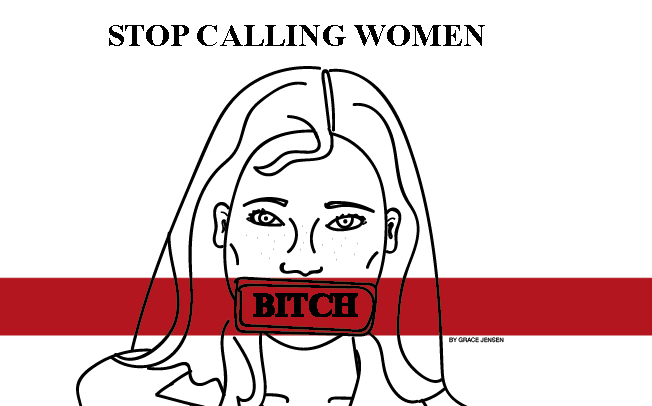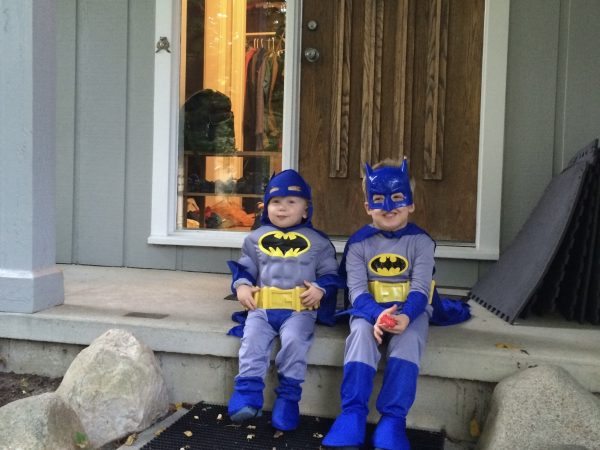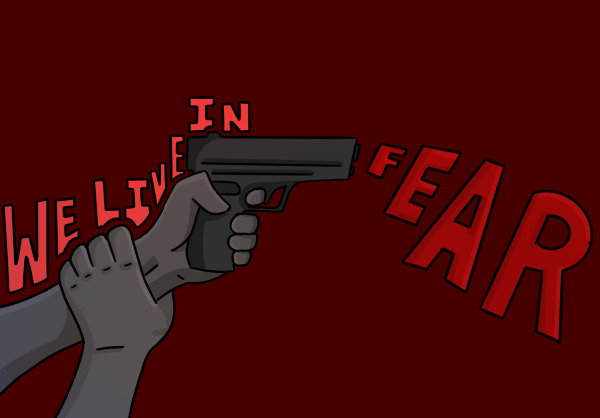Stop Calling Women B*tch
It is generally accepted, although there are still bigots who refuse basic decency, that a white person should not use the N-word. Similarly, a straight person should not use the term “f*g,” and “tranny” is a horribly outdated way to refer to a person who is transgender. These words are not banned under any law, but they are considered crude and insulting, and therefore socially unacceptable. This is not for no reason; language has meaning, and the larger social and historical context around these slurs means that they are a lot more than synonyms for “Black,” “gay,” or “trans.” If a celebrity uses a slur, it often draws justified backlash from the community, as can be seen in the case of Bill Maher calling himself a “house n*****” on live television in June. Slurs are derogatory terms applied to groups of people, and generally, they are frowned upon, as they should be.
Why, then, is it still considered okay for men to call women bitches?
The “B-word” originally meant a female dog, but has been used to refer to women since the 15th century, according to the Oxford English Dictionary. It was used against women deemed to be too sexually licentious, because female dogs give birth to many puppies. It grew in popularity in the 1920s, during the age of women’s suffrage and bra burning. “Bitch” became the word for women who defied the patriarchy and held a decidedly negative connotation. It really took off in music in the 1970s. Nowadays, we hear the word every day, on the radio, the TV, or the streets as we try to walk to where we need to be. The leader of our country President Donald Trump himself has repeatedly called women “nasty,” “bimbo,” and “too weak to be president,” spreading the message to the young and impressionable that this kind of language is okay when referring to women. While other offensive terms have begun to fade from popular speech, “bitch” and similar sexist insults remain omnipresent no matter how much women try to get away, much like misogyny itself.
I remember in eighth grade, a boy and a girl in my class were dating, and the boyfriend was becoming very annoyed that one of the girl’s male friends was spending too much time with the couple when they wanted to be alone. While we worked on a project about great women in history, the boyfriend told me that he “wouldn’t normally call a guy a bitch,” but this crossed the line. I remember nodding knowingly and laughing. However, it stuck with me. I realized “bitch” wasn’t just an insult because it meant promiscuous, bad-tempered, and sleazy; it was also an insult because it meant “woman.”
The word “bitch” is for women and women’s mouths only, as the targeted group of the slur. If she chooses to reclaim it, that is each woman’s decision for herself. Personally, I don’t like to hear the word; it reminds me that there will always be people around me who, regardless of my achievements, see me as of lesser value than my male counterpart. It is possible that one day, things will change so that hearing “bitch” will make me feel empowered instead of tense and nervous. Until then, boys, I don’t want to hear it.









